Cilantro

Monday, June 10, 2013
COOKBOOKS -- How I Rate Them as Reviewer
As a cookbook reviewer, I occasionally come across
some awesome cookbooks.
Professional book reviewers follow Amazon’s system
giving each book a star ranging from one to five. I review close to hundred
books a year most of which are cookbooks. I regularly receive these books from
three book review magazines. Cookbooks (or food-related books) given five stars
are truly exceptional and not common. Really bad books surface in the mail too but
they are not common either. Our criterion of giving one star to a book is: “Probably only going to be read and enjoyed by the author's
mother.”
I am often asked by
friends and acquaintances how I arrive at the rating of a cookbook.
First, the recipe
writing: it must be absolutely clear, unambiguous, ingredient amounts also
clear and in easily measurable amounts in a home cook’s kitchen; step-by-step
instructions in logical order; ingredients listed according to cooking steps
used. I check to make sure no ingredients are missing either from the list or
from the directions. Are most ingredients readily available and known to a home
cook? Are there professional jargon used a cook needs to look up in a
dictionary?
Then comes the layout
of the recipes. Good cookbook authors insist that the recipes are laid out to
the convenience of the cook not to the book designers. If you need to flip
pages back and forth to follow a recipe, the layout is poor. Illustrations
related to a recipe should be close to the recipe itself.
Recipe headnotes
should be interesting to read and informative to the cook. This also applies to
the sidebars, tables, and charts. Good food writing rates high in my reviews
but endless personal stories and history can be boring that readers will only
read once (if at all). Also illustrations: some authors include many, many
personal photos from babyhood on which I consider fillers. The quality of food
photography may be amateurish or professional, as well as sketches and
step-by-step thumbnail photos.
Index is extremely
important. Having poor index is very frustrating to a cook when attempting to
find a previously prepared recipe. Index needs to be thoroughly
cross-referenced to be useful. (Roasted Tuscan Eggplant should be listed under
eggplant and Tuscan but not under Roasted.)
A good cookbook also
have extras: perhaps something about unusual ingredients, about the cooking
techniques used, history and origin of the recipe and so on.
Using a very good
professional cookbook editor (not just any book editor) and a professional
indexer don’t guarantee a good cookbook but it’s likely to lead the way to five
stars.
Subscribe to:
Post Comments (Atom)



 Stumble It!
Stumble It!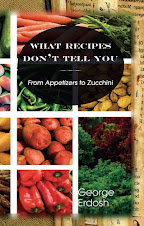

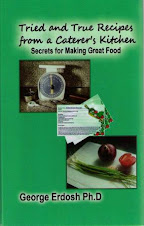
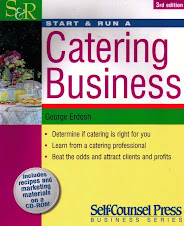
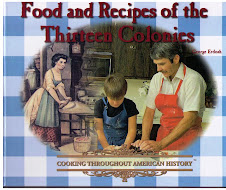
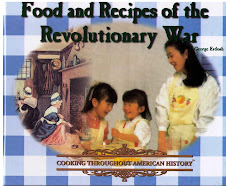

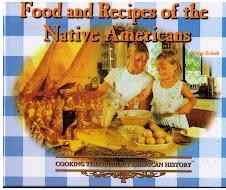
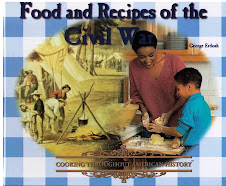
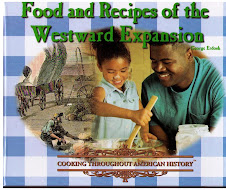
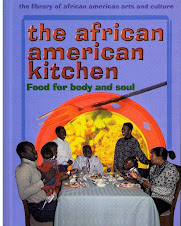

No comments:
Post a Comment